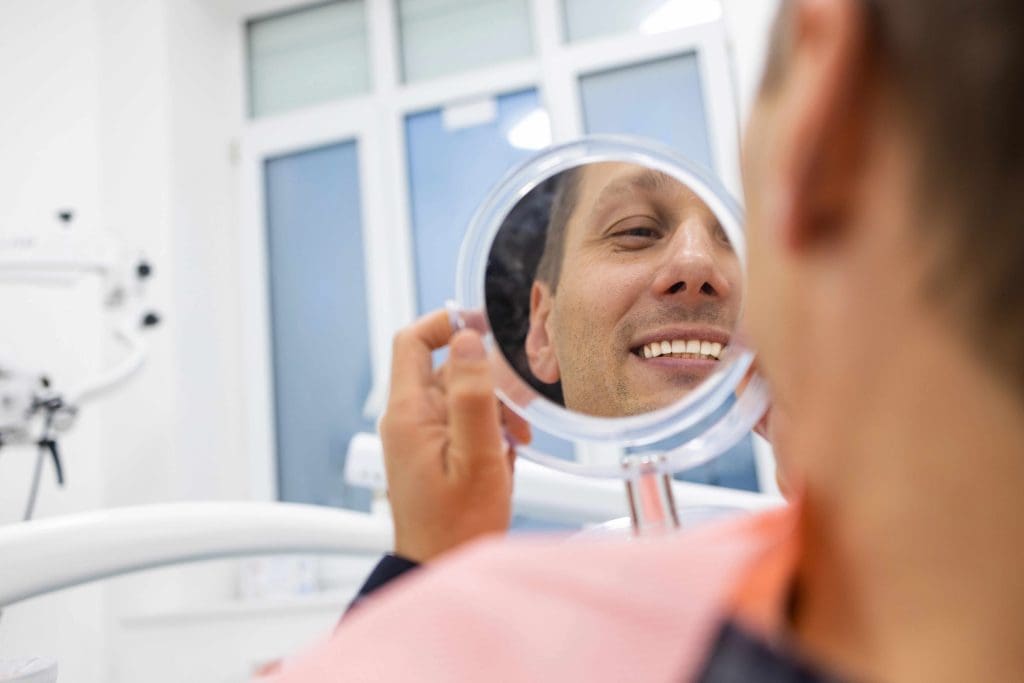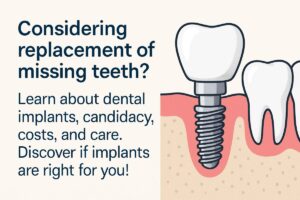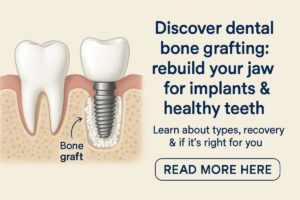Are you wondering how to correct teeth alignment effectively? Correct teeth alignment can be achieved through various professional methods that address individual dental needs, ensuring a healthier and more confident smile. Understanding the available options and their benefits is essential for making informed decisions about your dental health.
Correct Teeth Alignment
Understanding teeth alignment basics is essential for anyone interested in achieving a harmonious and functional smile. Teeth alignment refers to the positioning of teeth within the jaw, which can significantly impact both oral health and aesthetics. Proper alignment ensures that teeth fit together correctly when the mouth is closed, promoting efficient chewing and reducing wear on the teeth. Misalignment, on the other hand, can lead to various dental issues, including difficulty in cleaning teeth properly, which may increase the risk of cavities and gum disease.
The journey to correct teeth alignment often begins with understanding the natural arrangement of your teeth and how they interact with each other. This knowledge can help in identifying any deviations from the ideal alignment, which might manifest as crowding, spacing, or bite irregularities. While exploring options to address these concerns, it’s important to consider various factors that contribute to dental alignment, such as genetics and oral habits. For those seeking more information on aligning their teeth without breaking the bank, you can explore Affordable Teeth Aligners: Achieve a Perfect Smile on a Budget.
Common Causes of Misalignment
Teeth misalignment, often referred to as malocclusion, can arise from a variety of factors that may be genetic or environmental in nature. One of the most common causes is hereditary traits, where the size and shape of the jaw and teeth are inherited from parents. This can lead to overcrowding, spacing issues, or an improper bite. Additionally, habits developed during childhood, such as thumb sucking or prolonged use of a pacifier, can exert pressure on the teeth and jaw, leading to alignment issues over time.
Another significant factor contributing to misalignment is the premature loss of primary teeth. When baby teeth are lost too early, it can cause the remaining teeth to shift into the empty spaces, disrupting the natural alignment. Furthermore, injuries or trauma to the face and jaw can also result in misaligned teeth. For those seeking professional guidance on addressing these issues, consulting with the Turlock Invisalign Experts can provide valuable insights into potential solutions.
Importance of Professional Consultation
When it comes to achieving correct teeth alignment, the importance of professional consultation cannot be overstated. Consulting with a dental professional ensures that any alignment issues are accurately diagnosed and appropriately addressed. Professionals have the expertise to evaluate the unique structure of your teeth and jaw, providing insights that are crucial for effective treatment. They can identify underlying issues that may not be immediately apparent, ensuring that the approach to correct teeth alignment is comprehensive and tailored to individual needs. Engaging with a professional also helps in understanding the potential outcomes and timelines associated with different alignment strategies, making it an essential step in the journey towards a healthier smile.
Overview of Orthodontic Treatments
When it comes to achieving correct teeth alignment, understanding the various orthodontic treatments available is essential. Orthodontics encompasses a range of procedures designed to address misaligned teeth and jaws, ultimately enhancing both function and aesthetics. These treatments can vary widely, from traditional methods to more modern approaches, each tailored to meet individual needs and conditions. The goal is to guide teeth into their proper positions, improving oral health and creating a harmonious smile. For those seeking professional guidance on orthodontic options, Eggleston Dental Care offers expertise in the field, and you can learn more by visiting their Turlock Dentist page.
Role of Genetics in Alignment
Genetics play a significant role in determining the natural alignment of your teeth, influencing factors such as jaw size, tooth size, and the overall structure of your mouth. These inherited traits can lead to variations in dental alignment, which may result in crowded, spaced, or misaligned teeth. Understanding the genetic component is crucial when considering how to correct teeth alignment, as it provides insight into why certain alignment issues occur and how they might be addressed. While environmental factors and habits also contribute to dental alignment, the genetic blueprint sets the foundation for how your teeth are positioned within your mouth.
Impact of Oral Habits on Teeth
Oral habits play a significant role in the development and maintenance of dental structures, often influencing the need to correct teeth alignment. Common habits such as thumb sucking, tongue thrusting, and prolonged use of pacifiers can exert pressure on teeth and jaws, potentially leading to misalignment over time. These habits can alter the natural positioning of teeth, resulting in spacing issues or bite irregularities that may require intervention. Understanding the impact of these behaviors is crucial for recognizing how they contribute to the overall alignment of teeth and the importance of addressing them to maintain optimal dental health.
Age and Teeth Alignment Changes
As we age, our bodies undergo various changes, and our teeth are no exception. Teeth alignment can shift over time due to natural growth, wear and tear, or even the gradual movement of teeth. This can lead to misalignment issues that may not have been present in earlier years. Understanding how age impacts dental structure is crucial for those looking to correct teeth alignment. While some individuals may experience minimal changes, others might notice more significant shifts that could affect their bite and overall oral health. Recognizing these changes is an essential step in maintaining a healthy smile throughout one’s life.
Maintaining Oral Health During Treatment
Ensuring optimal oral health is crucial when undergoing treatment to correct teeth alignment. As the teeth gradually shift into their desired positions, maintaining a consistent oral hygiene routine becomes essential to prevent potential complications. Regular brushing and flossing help in keeping the teeth and gums healthy, reducing the risk of plaque buildup and gum disease. It’s important to be mindful of any changes in your oral health during this period, as the process of aligning teeth can sometimes make certain areas more challenging to clean. By staying attentive to your oral hygiene, you support the overall success of your journey towards achieving correct teeth alignment.
Long-term Effects of Misalignment
Understanding the long-term effects of misaligned teeth is crucial when considering how to correct teeth alignment. Misalignment can lead to a variety of dental health issues over time, including increased wear and tear on teeth, jaw pain, and even difficulties in maintaining proper oral hygiene. These issues can contribute to more serious conditions such as gum disease or tooth decay, as misaligned teeth can create hard-to-reach areas that are prone to plaque buildup. Additionally, misalignment may affect speech and chewing efficiency, impacting overall quality of life. Addressing these concerns by exploring options to correct teeth alignment can help mitigate these potential long-term effects and promote better oral health.
Conclusion
Achieving correct teeth alignment can transform your smile and boost your confidence, so if you’re ready to take the next step, call 209-634-5871 or check out the reviews on Google Maps.
Phone Number
209-634-5871
Hours of Operation
Address
Eggleston Dental Care
What Makes Eggleston Dental Care Unique
At Eggleston Dental Care, no two patients are the same, which is why we treat all of our patients individually for their personal needs. We help each patient achieve their dental goals, whether it is to have a healthier mouth, or to finally gain the smile they desire, we help them through every step of the way. Dr. Eggleston and his staff participate in continual education each year so that they stay on top of the latest methods and technology. For a one of a kind dental experience, choose Eggleston Dental Care.
State of the Art Technology
We want the best experience for our patients, which is why we implement the latest dental technology in our practice, including the CEREC for one day crowns!
Educational
Our staff goes through continuing education every year to provide our patients with not only the best care, but also information for patients.
Comfortable Office
We go out of our way to ensure a comfortable experience for our patients including: relaxing music, blankets, facial massages, ergonomic pillows and more!
Caring Staff
Our caring staff want you to look forward to your visit with us, which is why we assure your comfort every step of the way depending on your needs.
Patient Reviews
Tel : (209) 634-5871
©2023 Eggleston Dental Care






